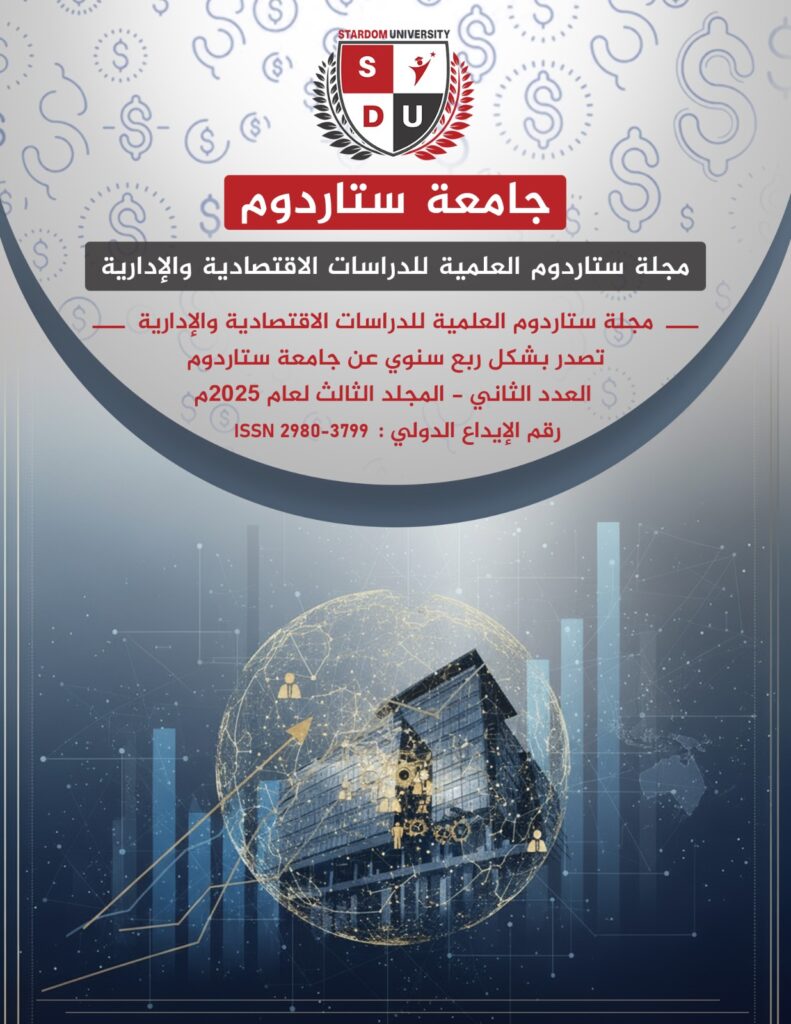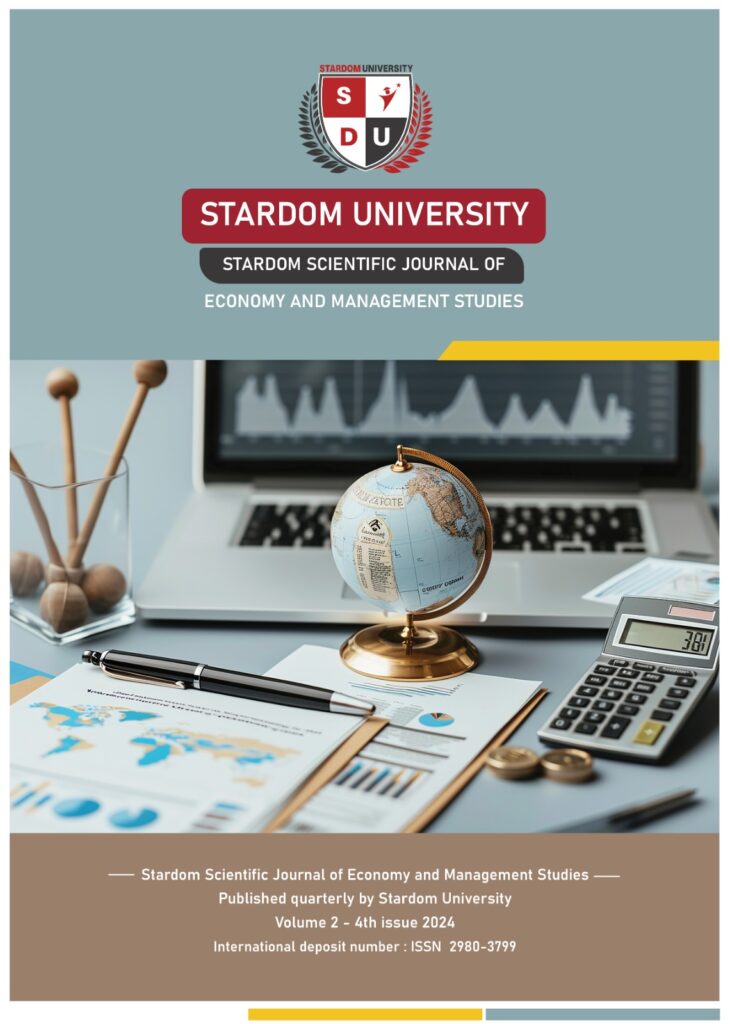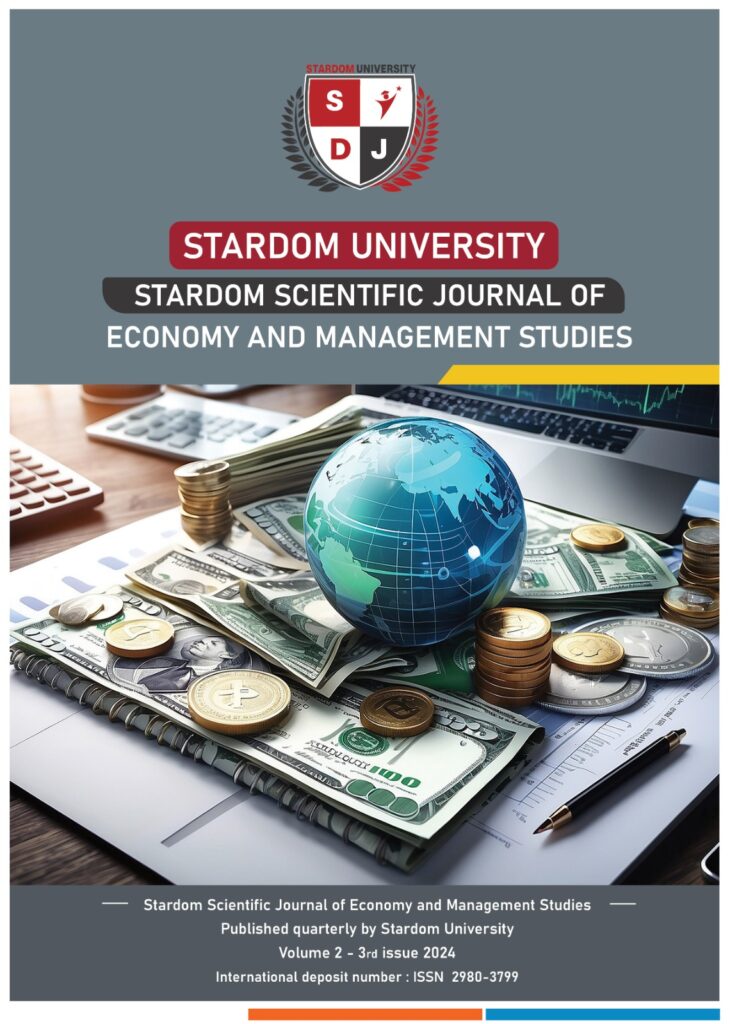- Stradom Journal
- Volume :3rd Issue- 2nd Volume 2024
- Stradom Journal
- Volume :3rd Issue- 2nd Volume 2024
The impact of business intelligence in achieving sustainable competitive advantage
This study aimed to identify the impact of business intelligence in its dimensions (data collection and storage, analytical data processing, data mining, data reliability, decision making) in achieving sustainable competitive advantage in its dimensions (cost, quality, excellence, speed, innovation). A field study at the University of… Science and Technology – Main Center – Aden. The study relied on the descriptive approach, and the study population was selected according to the comprehensive inventory method from the university’s leadership, specialized departments, and departments related to the application of business intelligence at the university, which numbered (91) members. The questionnaire was adopted as the main tool for collecting data, and (91) questionnaires were distributed to the community. study, the reliability coefficient value for the data collection tool was (0.97), and the credibility percentage for the community’s answers was (0.98). The study reached a number of results, the most important of which were: the existence of a statistically significant effect at the significance level (05.0 ≥ α) for business intelligence in its individual dimensions in achieving sustainable competitive advantage in its combined dimensions at the University of Science and Technology – Main Center – Aden, the existence of a strong correlation between business intelligence (data collection and storage – data analytical processing – data mining – data reliability – decision-making) and sustainable competitive advantage, which was demonstrated by Pearson’s multiple correlation coefficient, where its value reached (0.80), and it is statistically significant at a significance level of (0.05) . The study reached a set of recommendations, the most important of which are: enhancing the application of business intelligence practices at the university, by continuing the processes of collecting and storing data to support decision-making, and developing more advanced information systems to improve the decision-making process.






